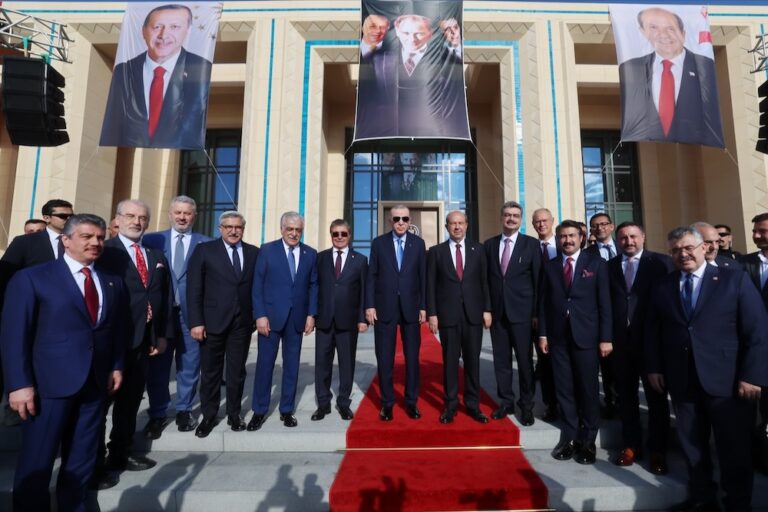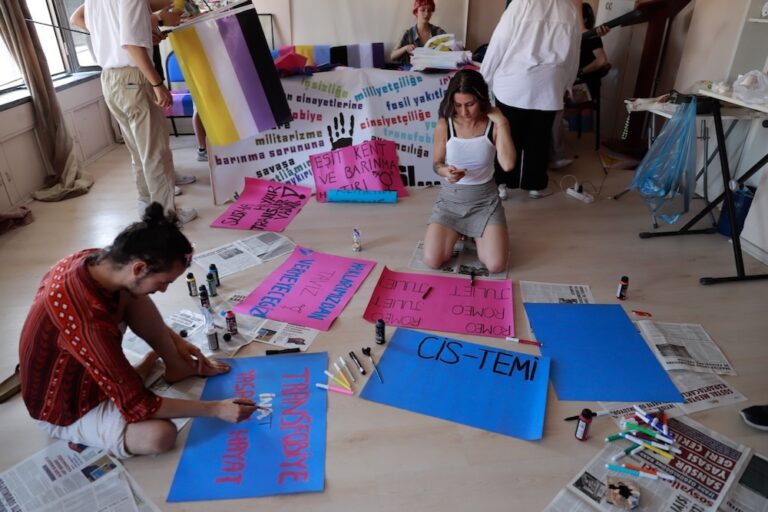(BIANET/IFEX) – In a 24 July 2007 decision, the European Court of Human Rights (ECHR) has condemned Turkey for “limiting freedom of expression”, when the “Yedinci Gündem” newspaper was banned in the Emergency Law (OHAL) Regions by the regional governor. The ECHR also criticised the fact that it has not been possible to appeal against […]
(BIANET/IFEX) – In a 24 July 2007 decision, the European Court of Human Rights (ECHR) has condemned Turkey for “limiting freedom of expression”, when the “Yedinci Gündem” newspaper was banned in the Emergency Law (OHAL) Regions by the regional governor.
The ECHR also criticised the fact that it has not been possible to appeal against OHAL decisions and found this to be inconsistent with the “right to effective appeals to the court” (Article 13 of the European Convention on Human Rights).
The newspaper, which was first published on 23 June, was banned from the OHAL regions four days later. When legal appeals were fruitless, its 10 employees applied to the ECHR.
Hünkar Demirel, Evrim Alatas, Lales Arslan, Mehmet Burtakucin, Zeynal Akgül, Abdulvahap Taþ, Azad Özkeskin, Bozkur Mevlüt, Ragýp Zarakolu and Hýdýr Ates argued that there had been an infringement on their rights according to Articles 10 and 13 of the European Convention of Human Rights.
In its 24 July decision, the ECHR decided unanimously that interference with the newspaper’s activities was “unnecessary in a democratic society” and in violation of Article 10.
In a second case, the ECHR found Turkey to be in the wrong when it convicted Hasan Celal Güzel, chairperson of the Renaissance Party (YDP), for his criticism of then-President Süleyman Demirel.
Güzel had written an article entitled “If you are President, act like a president”, published in the “Yeni Günaydin” newspaper on 23 June 1997. He faced several trials from 1997 to 1998 and was convicted, even if his sentences were delayed.
Again, the ECHR decreed unanimously that freedom of expression had been violated illegitimately. The ECHR demands no compensation other than 5,000 YTL (approx. US$ 4,000) to cover Güzel’s legal costs.


